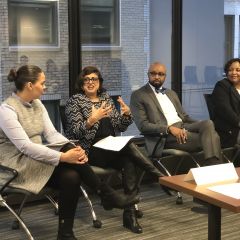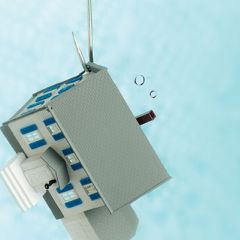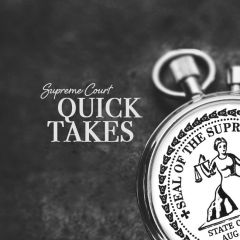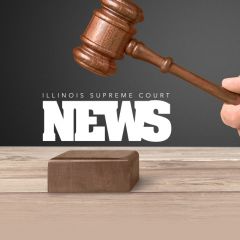Illinois Judicial Candidates Rated in ISBA Evaluation and Poll
All candidates for Illinois judicial office who are running in the March 17 primary election have been rated by the Illinois State Bar Association (ISBA) Judicial Evaluations Committee, or in a poll of lawyers conducted by the ISBA. The results were made available Feb. 21 on ISBA's Judicial Evaluations page.








